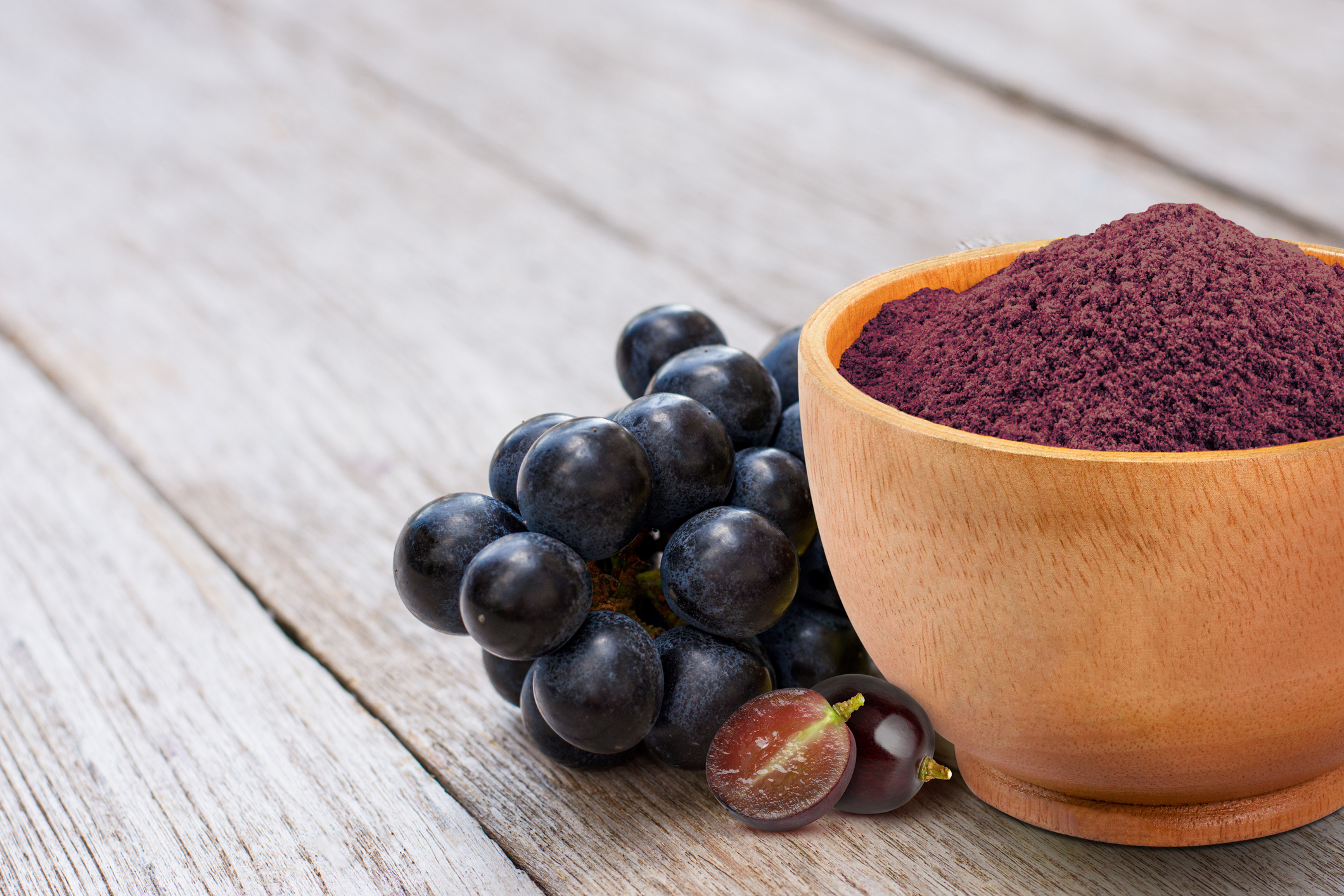Get Easy Health Digest™ in your inbox and don’t miss a thing when you subscribe today. Plus, get the free bonus report, Mother Nature’s Tips, Tricks and Remedies for Cholesterol, Blood Pressure & Blood Sugar as my way of saying welcome to the community!
Fight colds and cancer with camu camu

If you want to avoid colds and flu this season, don’t put all your eggs in one basket.
Not when you can eat this one superfood that provides mega amounts of the one vitamin your body really needs to fight infection and disease: vitamin C.
Vitamin C is a powerful immune booster that can help fight off viral infections of every kind — colds, flu, herpes, shingles and many others. But you may be wondering what type of vitamin C is best for your body…
Like all vitamins, vitamin C is easiest for your body to absorb when it comes from a whole-food source. That means it’s a good idea to fill your diet with vitamin C-rich foods like kiwi, oranges, strawberries, broccoli and kale.
But when you really want to pump up your vitamin C intake (like when a nasty cold is going around), you may want to turn to a less conventional whole-food source of vitamin C… one that gives you more bang for a buck than the occasional orange or two…
A vitamin C powerhouse
That’s when it’s time to turn to a South American berry that has up to 60 times more vitamin C than an orange, along with potassium, calcium, protein, beta-carotene, amino acids and antioxidants. This superfood berry is camu camu.
The fruit itself, which resembles a grape, is quite bitter. But like many berries with powerful health benefits, it comes in a convenient powdered form that you can easily add to your smoothie or juice every morning.
The camu camu berry, which is the most vitamin C-rich food on the planet, comes from a small shrub that grows in Brazil and Peru. Because of its unusually high vitamin C content, it can help your health in a lot ways. Of course, it’s great for cold and flu prevention, but it can also help:
- Fight depression
- Improve liver health
- Support heart health
- Slow aging
- Improve cognitive health
- Support eye health
And then, of course, there’s camu camu’s potential effect on cancer. If you’re familiar with the work of Nobel Prize-winning chemist Linus Pauling, you know that high doses of vitamin C have been shown to fight certain types of cancer and other diseases. And since camu camu contains such high amounts of vitamin C, chances are it has anti-cancer properties too. Camu camu also contains the antioxidant ellagic acid, which has been shown to stop the growth of tumors and kill cancer cells.
But remember, since camu camu is such a potent source of vitamin C, a little goes a long way. If you want to start taking camu camu to keep colds and flu at bay or to manage other health problems, start small and work your way up. Start by taking one teaspoon of camu camu per day. That should contain about 720 milligrams of vitamin C. And whatever you do, don’t take more than 2,000 milligrams of vitamin C per day. You can’t overdose on vitamin C, but you can end up with a wicked stomach ache and diarrhea if you take too much.
Editor’s note: Discover how to live a cancer prevention lifestyle — using foods, vitamins, minerals and herbs — as well as little-known therapies allowed in other countries but denied to you by American mainstream medicine. Click here to discover Surviving Cancer! A Comprehensive Guide to Understanding the Causes, Treatments and Big Business Behind Medicine’s Most Frightening Diagnosis!
Sources:
- “Health Benefits of Camu Camu.” Organic Facts. https://www.organicfacts.net. Retrieved November 15, 2016.
- “Vitamin C Foods, Signs of Deficiency, & Health Benefits.” Dr. Axe. https://draxe.com. Retrieved November 15, 2016.
- “Vitamin C.” Oregon State University’s Linus Pauling Institute. http://lpi.oregonstate.edu. Retrieved November 15, 2016.
- “Camu Camu: A New Superfood with More Vitamin C than Any Other Food.” Dr. Axe. https://draxe.com. Retrieved November 15, 2016.
- “Camu Camu Benefits: 11 Things You Need To Know About The Fruit.” The Huffington Post-Canada. http://www.huffingtonpost.ca. Retrieved November 15, 2016.












